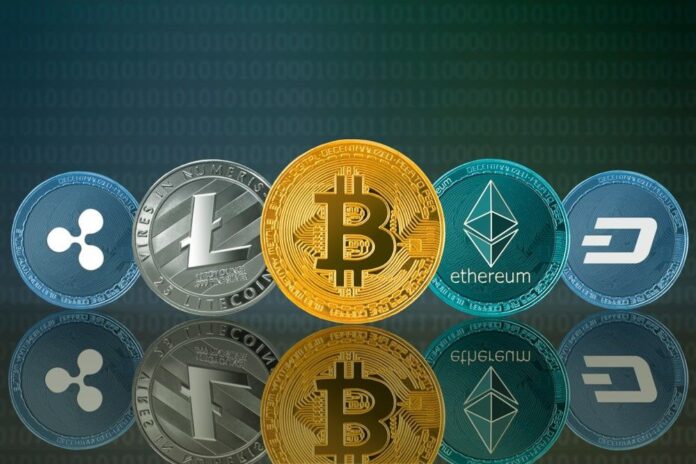Despite recent official moves to promote cryptocurrency, both the State Bank of Pakistan (SBP) and the Ministry of Finance (MoF) have reiterated that cryptocurrencies remain illegal in Pakistan under current regulations. The clarification came during a National Assembly Standing Committee on Finance and Revenue meeting, where Finance Secretary Imdadullah Bosal confirmed that no legal framework currently allows the use of digital currencies.
According to a news report, Bosal explained that while the prime minister established a Crypto Council, chaired by the finance minister, to explore digital asset policy, the ban on cryptocurrency transactions remains enforced by the SBP and the Securities and Exchange Commission of Pakistan (SECP). He added that a formal legal framework will only come into effect once the government decides to legalise cryptocurrencies, a step yet to receive parliamentary approval.
The committee members expressed confusion and concern over the contradictory signals. Mirza Ikhtiar Baig questioned why the public is being encouraged to invest in crypto despite its illegal status, warning of potential risks for investors. Another member, Mohammad Mobeen, criticised the government for engaging with cryptocurrency matters while the SBP maintains the ban, highlighting the paradox of allocating electricity for crypto mining despite its illegal status.
Further highlighting the inconsistency, Mobeen pointed to Pakistan Crypto Council CEO Bilal Bin Saqib’s meetings with prominent global figures, including US political leaders. Committee member Shahram Tarakai cautioned that the government risks losing foreign exchange through cryptocurrencies, which could worsen the country’s economic position.
Sohail Jawad, an SBP executive director, reaffirmed the central bank’s 2024 directive declaring Bitcoin and other cryptocurrencies illegal. He said the Financial Monitoring Unit continues to refer crypto-related cases to law enforcement agencies.
He also noted that Pakistan has formed a national working group on digital currency and has provided input to the Pakistan Crypto Council. He pointed out that El Salvador remains the only country to have legalized cryptocurrency, but even it is reconsidering that decision.
The SBP advises the public to avoid trading in cryptocurrencies, emphasizing that these digital assets operate through decentralized verification systems and are not recognized as legal tender in Pakistan.
The committee’s discussion was prompted by a digital currency regulation bill proposed by MNA Sharmila Farooqi, who stressed the need for regulation to prevent money laundering following Pakistan’s exit from the Financial Action Task Force’s grey list.
Coinciding with this debate, the Pakistan Crypto Council CEO Bilal Bin Saqib, recently appointed as the special assistant to the prime minister on crypto and blockchain, unveiled Pakistan’s first government-backed Strategic Bitcoin Reserve at Bitcoin Vegas 2025. The event, held in Las Vegas, included notable attendees such as US Vice President J.D. Vance and Donald Trump’s sons, Eric and Donald Jr.
The Ministry of Finance described the event as a pivotal moment, with Saqib declaring Pakistan’s emergence as a forward-looking digital innovation hub driven by its youth and technological vision.
He announced the creation of a national Bitcoin wallet that will hold digital assets as a sovereign reserve, signaling Pakistan’s long-term commitment to decentralized finance rather than speculative trading.
Saqib also thanked former US President Donald Trump for his role as a peacemaker in the recent India-Pakistan conflict and his support for cryptocurrency adoption.




